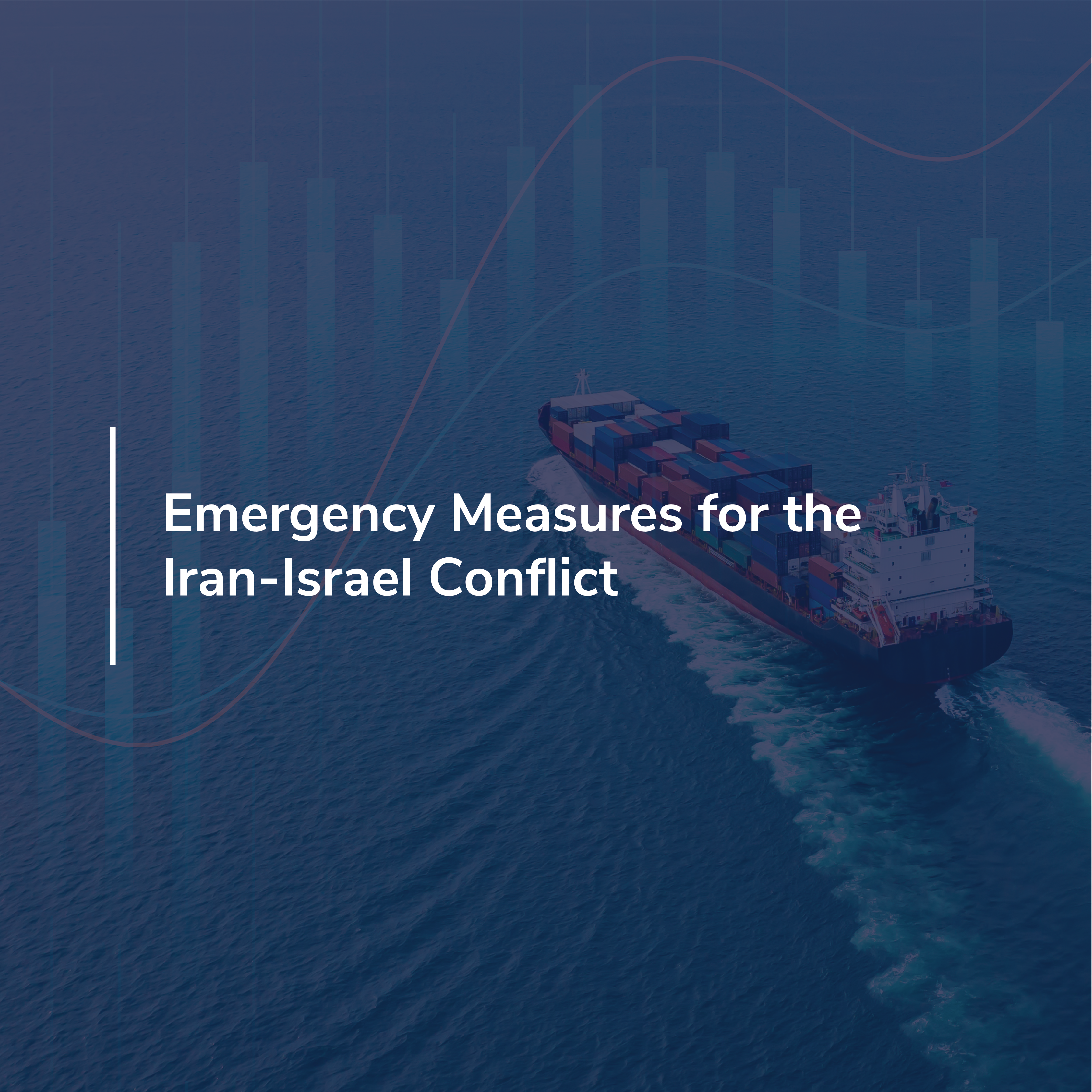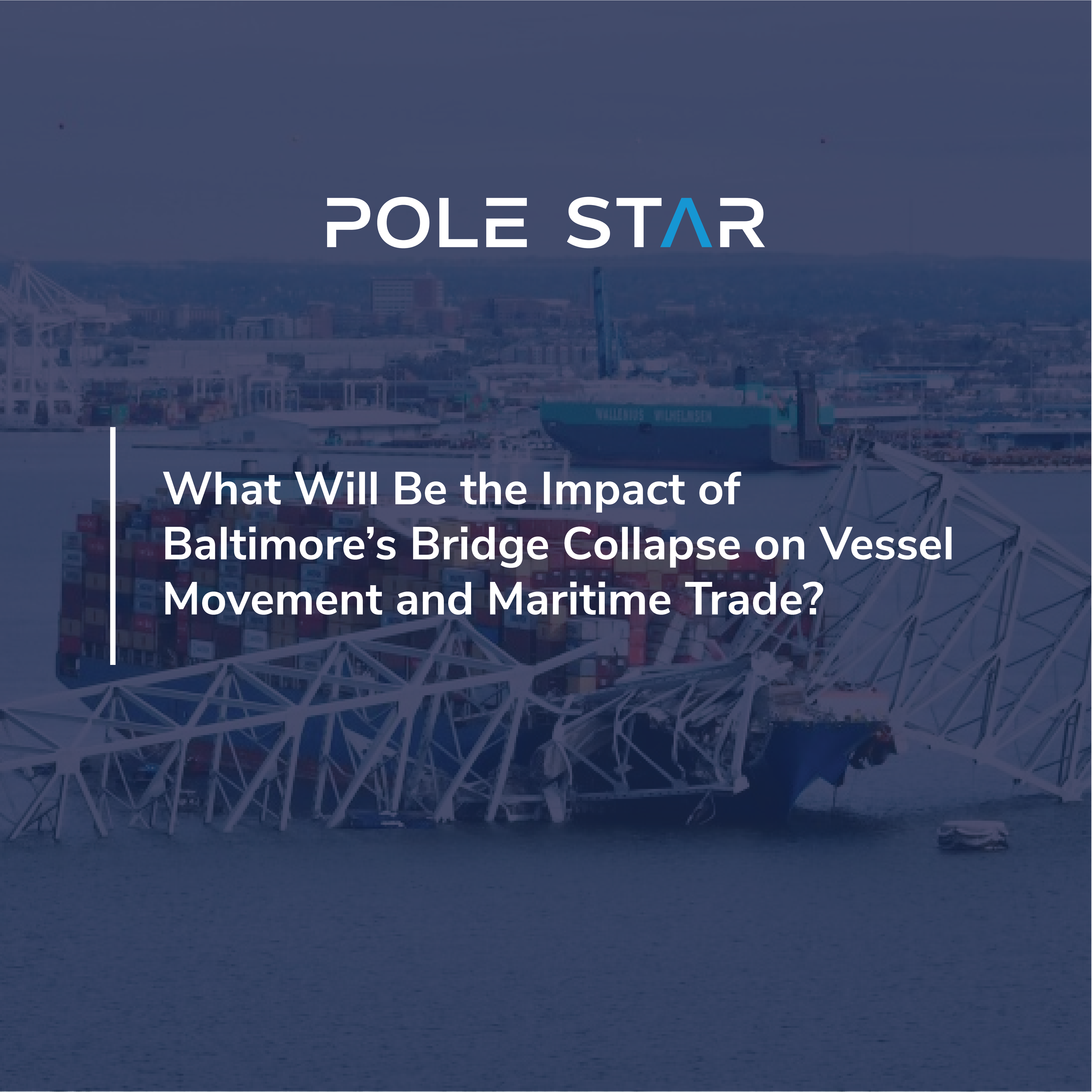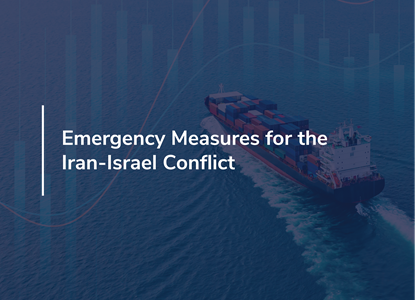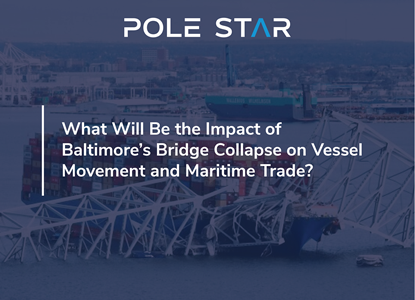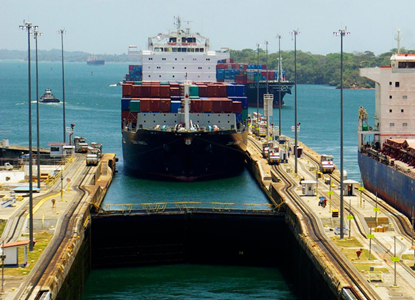In recent months, news outlets have increasingly detailed vessels engaging in potentially illicit ship-to-ship (STS) transfers and AIS disablement. Although reports like these are now more likely to make headlines due to increased scrutiny by maritime regulators, such behaviour has, in fact, been around since the dawn of maritime trade. Today, illicit vessels are simply a much greater risk to the integrity and security of the rest of the supply chain, making them more likely to be investigated and, therefore, reported on.
While these activities do not always indicate criminal intentions, they do call for suspicions of the vessel and it’s associations, which in turn requires a full investigation.
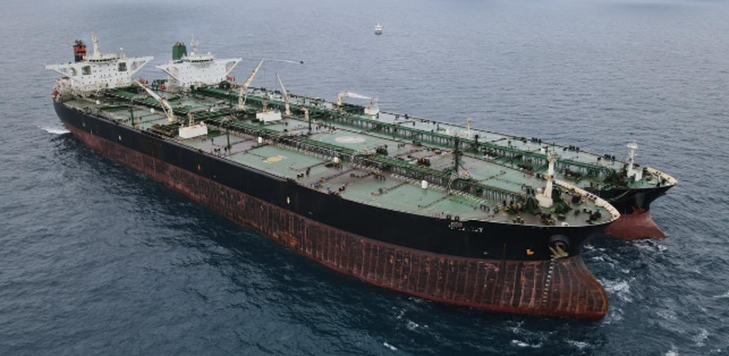
© Bakamla, Indonesian Maritime Security Agency.
Since the release of key regulatory advisories by OFAC and OFSI last year, the maritime trade landscape has rapidly evolved. The current state of global affairs, with rising worldwide tensions, has created a landscape in which commercial companies and financial institutions must carefully monitor the supply chains that they operate in, while governments and flag administrations have to monitor their maritime domains. Screening for regulatory violations, the use of deceptive shipping practices, and suspicious, criminal, or terrorist activity has never been more important.
With this, the need for all players to keep at pace with regulators has developed significantly and, in conjunction, the requirement for vessel monitoring and regulatory technologies has grown.
“Iranian VLCC Busted for STS Transfer Off Indonesia”
Last month, Indonesian maritime authorities detained an Iranian tanker and a Chinese-operated VLCC for conducting an STS transfer in a prohibited area with their AIS switched off. Officials alleged that the vessels violated regulations by not only anchoring outside of a designated zone, but also illegally transferring fuel, failing to display their flag states, turning off their AIS, and even spilling oil.
As reported by The Maritime Executive, both vessels violated U.S. sanctions on trade with the Iranian and Venezuelan energy industries. The players who may be intentionally or unintentionally linked to this activity and these vessels, by supply chain association, will not be considered kindly by global regulators. In fact, all associated players are at great risk of criminal, reputational, and/or commercial damage.
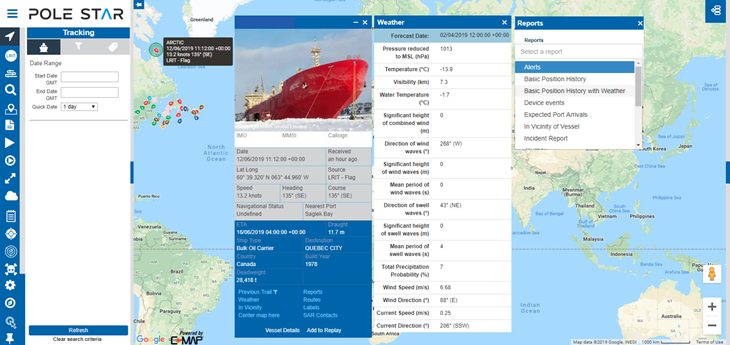
How can I perform a sufficient vessel investigation?
Check ship details: View a ship’s characteristics and particulars, and screen the ownership and management against sanctions lists.
Track vessel location continuously: Utilise persistent tracking provided by the aggregation of Inmarsat or Iridium positional data with AIS, creating a multi-source tracking solution that works even when the AIS is unavailable.
Analyse non-reporting AIS gaps: Check AIS reporting gaps for frequency, high-risk locations, and suspicious vessels in close proximity.
Monitor high-risk areas: Investigate vessels in high-risk transshipment areas and regulatory zones for a full picture of vessels in relation to areas of interest.
How can Pole Star’s solutions assist?
Both our PurpleTRAC and Maritime Domain Awareness (MDA) solutions can help with the identification and mitigation of geopolitical and maritime risk.
PurpleTRAC enables the automation, streamlining, and recording of regulatory processes within a user’s sanctions compliance program. Users can configure their own unique risk parameters to generate accurate results in seconds and produce an incorruptible report for audit.
Alternatively, Pole Star’s MDA platform is a comprehensive AIS integrated maritime data solution for those that require complete situational awareness. Used in conjunction with PurpleTRAC, MDA provides organisations full visibility of their marine assets and logistics by monitoring vessel behaviour, port activity, weather, and trade flows. And, by using Pole Star’s integrated persistent tracking technology, vessel location, including signs of STS transfers, can be investigated with clarity and certainty.
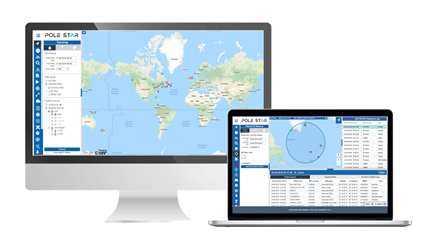
Learn more about MDA and PurpleTRAC.
For more details and to organise a free demo, contact sales@polestarglobal.com.





